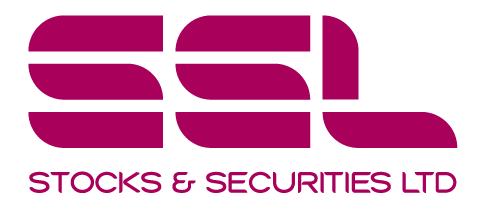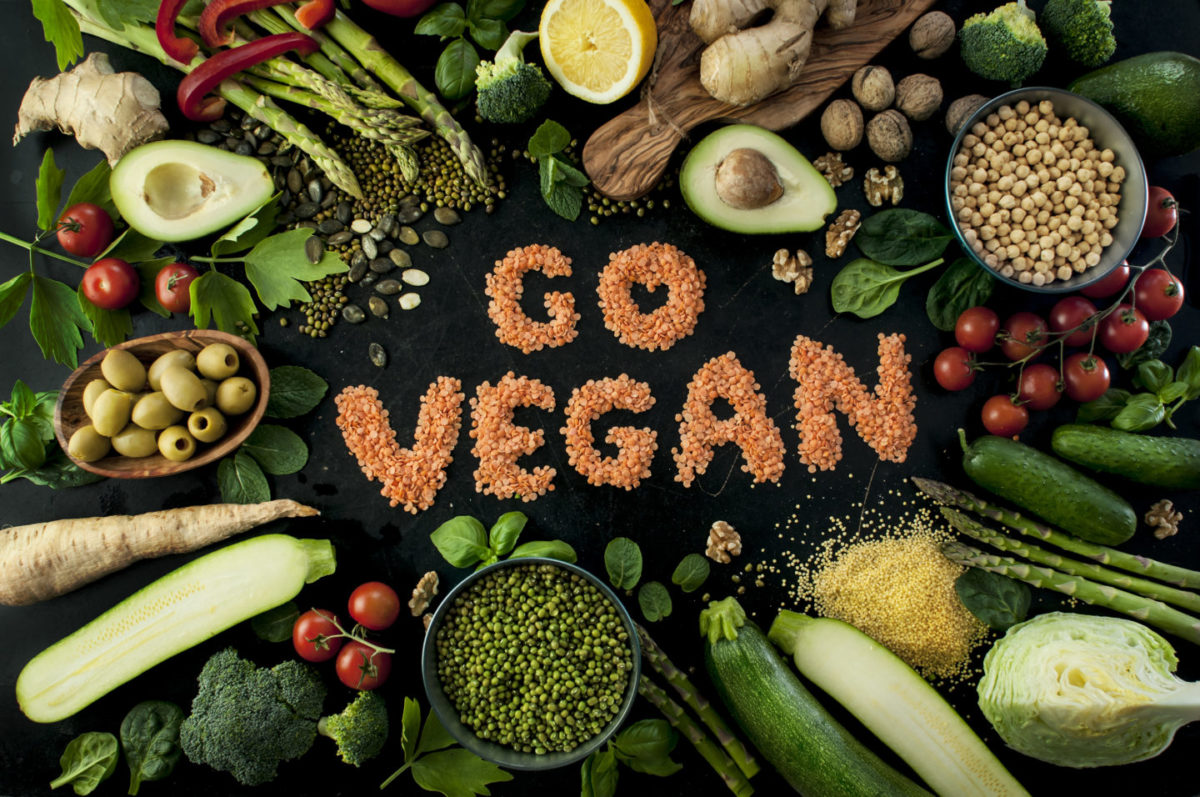The term veganism is used to define a lifestyle adopted by an individual that excludes all animal by-products, inclusive of dairy, meat, materials made from animal skin, as well as anything that has been clinically tested on animals.
In recent years, the decision to go ‘vegan’ has become quite popular amongst consumers, and for various reasons. While most have chosen the vegan lifestyle for the sake of animal-cruelty, others have adopted this route as a healthier way of life.
Of course, the option to go vegan has definitely put a damper on sales for dairy and meat producers. In 2017, after 92 years of operations, Elmhurst, one of America’s longest-running dairies made the decision to switch to entirely produce and distribute plant-based milk. This was after being impacted by the 7% decline in the index in 2015, and a projected 11% through to 2020. Dairy producers succumbed to trying different methods of manufacturing milk, such as drying, donating the excess, along with additional sales, to try and appeal to consumers.
However, this has not ceased the significant fall in sales leaving a vast surplus of milk. The fall in demand for milk can be used as a strategy for creameries to reinvent themselves. After conducting extensive research, beverage analyst, Elizabeth Sisel, concludes “While consumer trends are not favouring dairy milk, brands have an opportunity to re-engage consumers by developing innovative offerings that focus on improving already favourable aspects such as taste profile and nutritional value. It’s also important for brands to highlight that dairy milk is not just beneficial for bone health, but may also provide other benefits for consumers’ overall well-being as compared to non-dairy milk”.
On a brighter note, veganism has made some positive changes to the market. Now operating as Elmhurst Milked, CEO Henry Schwartz is in full support of the direction the market is moving towards, stating “We strongly believe that plant-based foods are the future and our goal is to vastly improve upon non-dairy alternatives by making them more delicious and nutritious, thus bringing more sustainable and healthful options to households across America.” Plant-based dairy alternatives have made a notable profit on the market. With a surge of 20% in growth, producing $700million in sales, producers are building a solid foundation for investors.
In 2018, the US Vegan Climate Index (VEGAN) was established to differentiate companies that contribute to the usage of animals for production from those trying to decrease their carbon footprint. This is done through a screening process where investment professionals look in depth into corporations that may be associated with or that partakes in activities involving the exploitation of animals.
Any company that is found to be capitalizing on the endangerment of animals is excluded from this index. Since 2013 VEGAN has unfailingly scored higher returns than that of the Solactive US Large Cap Index. VEGAN’s 10% return since the beginning of 2018 is above 8.7% for Solactive.
According to Bruce Friedrich, executive director at the Good Food Institute, a US-based non-profit organization that promotes the use of plant-based products, “The growth of the plant-based sector in 2017 exceeded even my optimistic projections. The news from the meat industry itself was especially encouraging and 2018 is sure to continue the accelerating growth of plant-based meat.”
If you liked this article and want to read other great stories, try our Archives. Also if you are new to investing you can try our Investment Basics Blog.
If you want to start investing with SSL but don’t have the time to monitor the market or to conduct the trades yourself then you can choose one of SSL’s managed Financial Planning products. We offer a variety of products for every type of investor and if you are interested in managing online trades yourself and having complete control over your investment portfolio then you can try SSL’s Brokerage account.
Follow us on Facebook, LinkedIn and Twitter please leave us a review.


